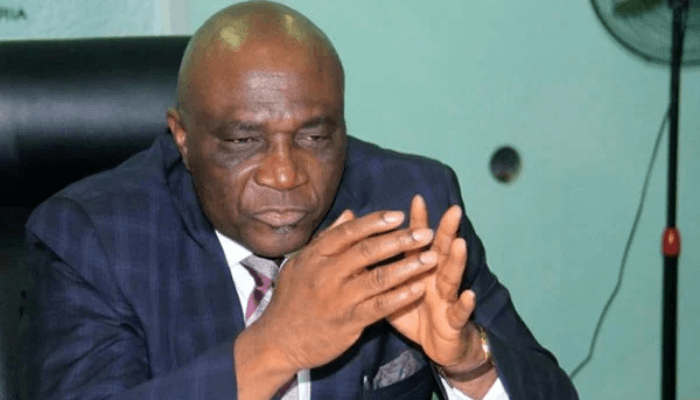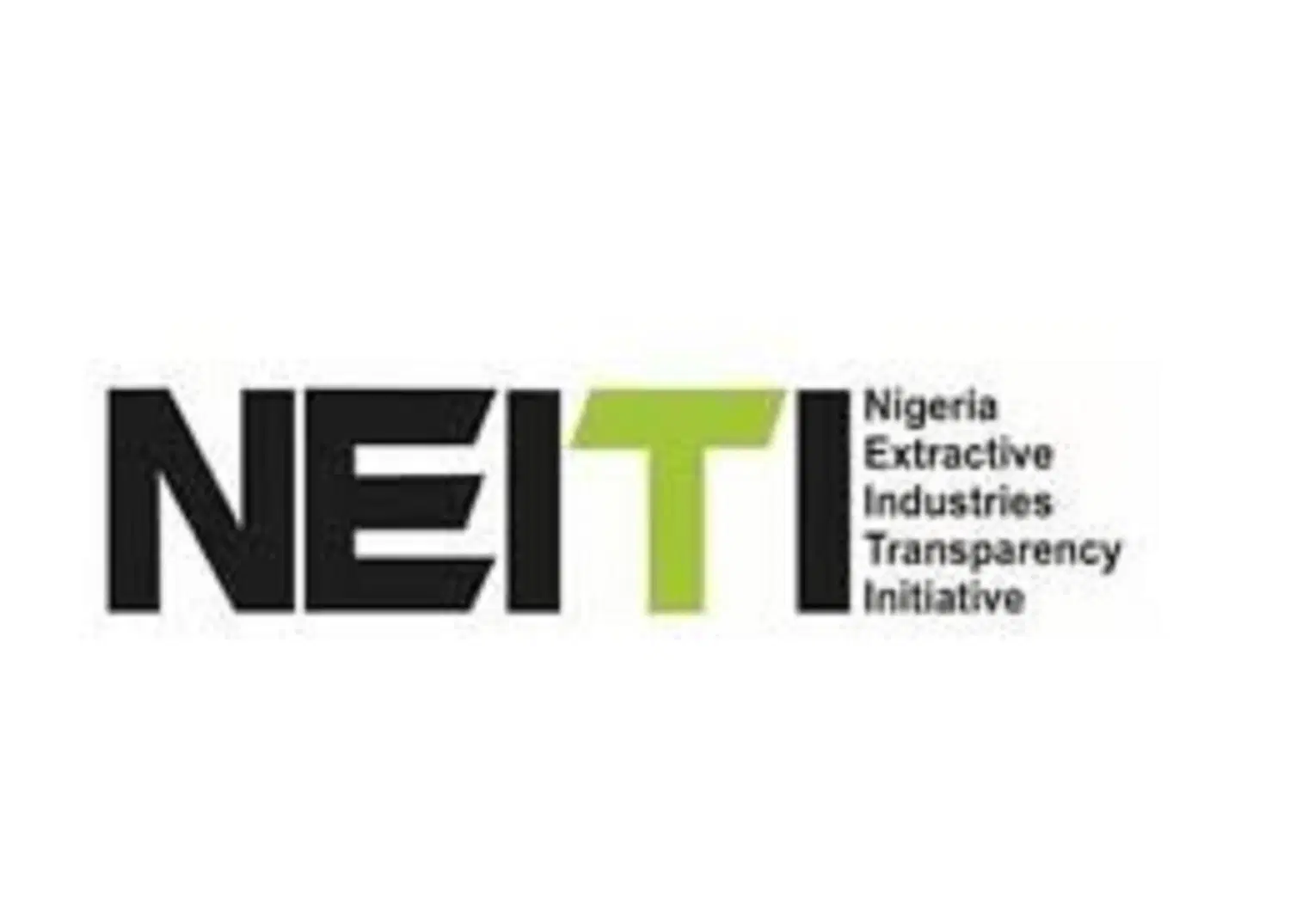The Nigerian Economic Summit Group has criticized the Senate’s decision to suspend action on the tax reform bills, which have sparked widespread controversy across the country.
The Chief Executive Officer of NESG, Dr Tayo Aduloju, made this disclosure during a media session on Friday.
On Wednesday, the Senate suspended action on the tax reform bills and directed its Committee on Finance to halt the public hearing until public concerns were addressed.
Additionally, the Senate formed a special committee to engage with the executive branch and collaborate with the Federal Government to resolve the issues surrounding the tax reform bills.
The tax reform bills, submitted by President Bola Tinubu to the National Assembly in October, have sparked considerable controversy.
The bills include the Joint Revenue Board of Nigeria (Establishment) Bill, 2024; the Nigeria Revenue Service (Establishment) Bill, 2024; and the Nigeria Tax Bill, 2024.
However, Aduloju disagreed with the Senate’s decision, stating that the legislative process should have continued despite the concerns raised.
He said, “I think the lawmakers should reopen the hearing and collect as comprehensively as possible all memoranda from every part of Nigeria, then the technical committee should jump into the review of the memoranda.
“For some geopolitical zones, the issue is technical. For some geopolitical zones, they want something that has worked well for them and you are now taking from them what they view as a law, so there is geopolitics. Let the geopolitical memos come, we are in a federation and it matters.
“There are concerns about the capacity of the institutions implementing and there is the impact assessment. The bill goes with a note on impact. These bills will grow the tax base and improve the tax information system in Nigeria and it will improve tax justice.”
He agreed that tax was a politically sensitive issue, noting, “A lot of our states still run unauthorised tax collectors. Here is a bill that says you cannot do that, it states that whoever is collecting must be a revenue officer. This has implications and it’s a headache for political leaders in rethinking how to operate. But we must make a choice. Are these laws perfect? No, they can’t be perfect, but we should be federally where our laws work for all.”
He noted that throughout the formulation of the bills, stakeholders from various sectors had been consulted, and their feedback was included. However, he recognized that, due to the sensitive nature of the issue, more feedback would inevitably emerge.
“We have assembled professors from all the geopolitical zones, experts, we have debated at workshops, looked at every permutation from discussions with ‘iyalojas’ and market chiefs to smallholders’ farmers so we have not taken an elitist approach.
“Therefore, lawmakers should follow the legislative process and allow the committee’s work to continue. However, if the committee is done and there are one or two matters that are inconvenient for the federation, we say that we cannot continue with it, then they should come out and say so while proceeding with the rest of the reforms. That is a fair deal.
“Those of us who have supported the process think that these bills are better than any from the past. We think that they require a spirit of federalism to apply them; we think that there might be arguments about what the regions would gain and I don’t think that these bills will answer all the questions about what federalism is.”
According to the NESG CEO, the National Assembly should thoroughly examine the issue of federalism and work to resolve it.
“The questions that are coming up are about federalism and in this instance, tax is what has brought it up. We support these bills 100 per cent,” he stated.











